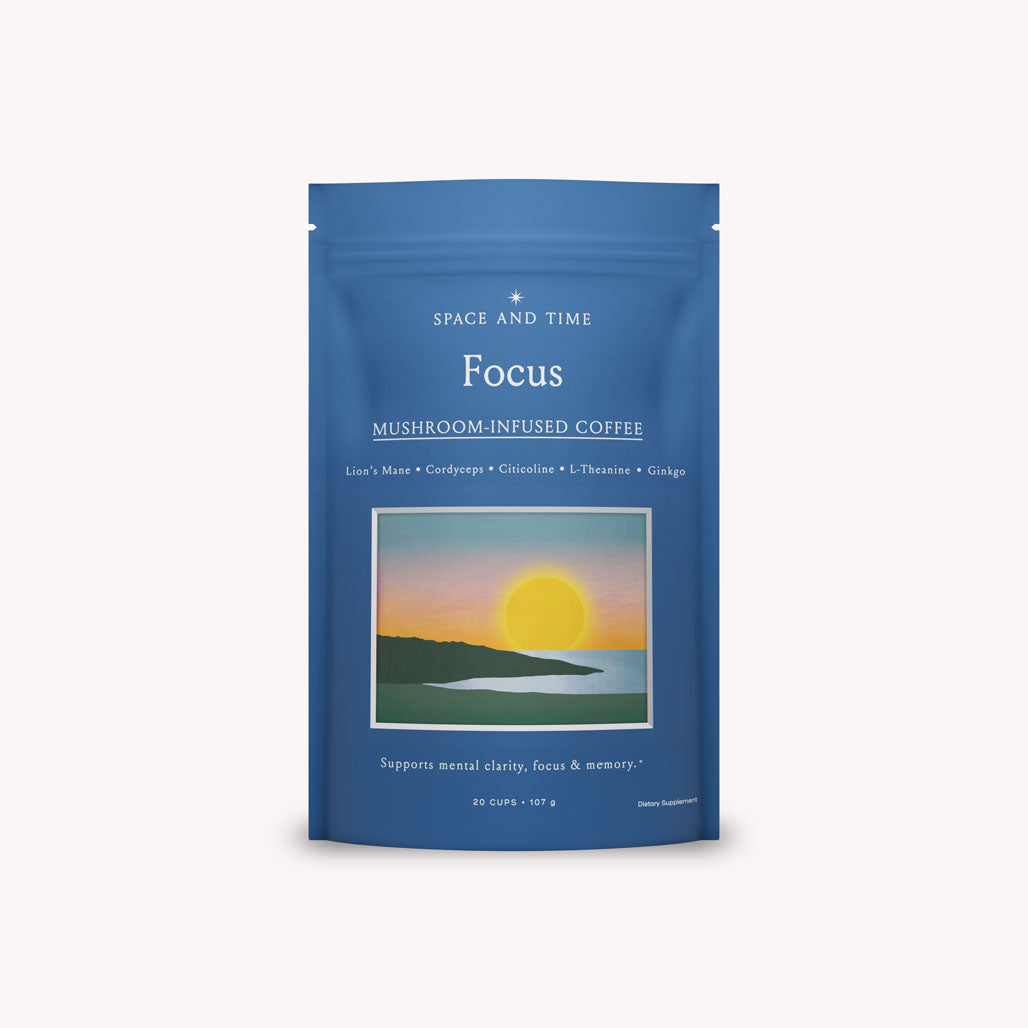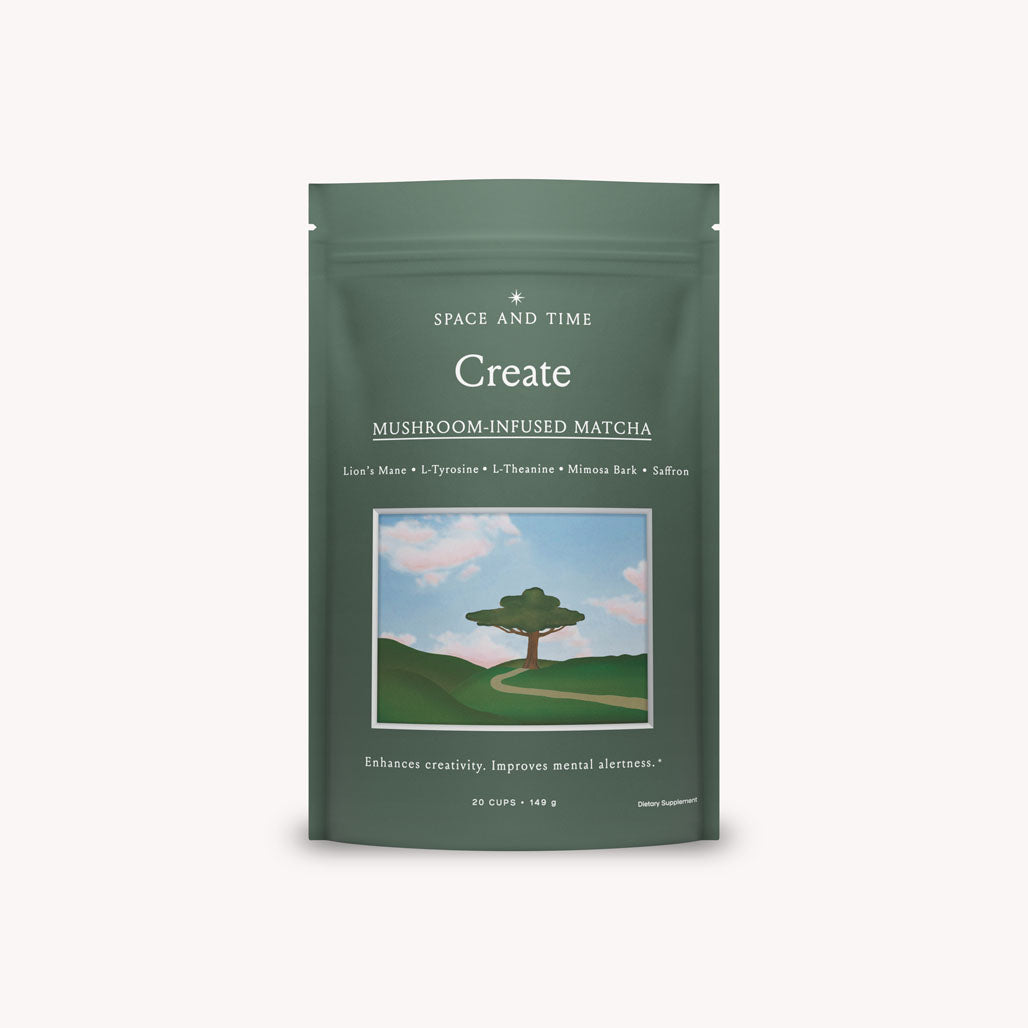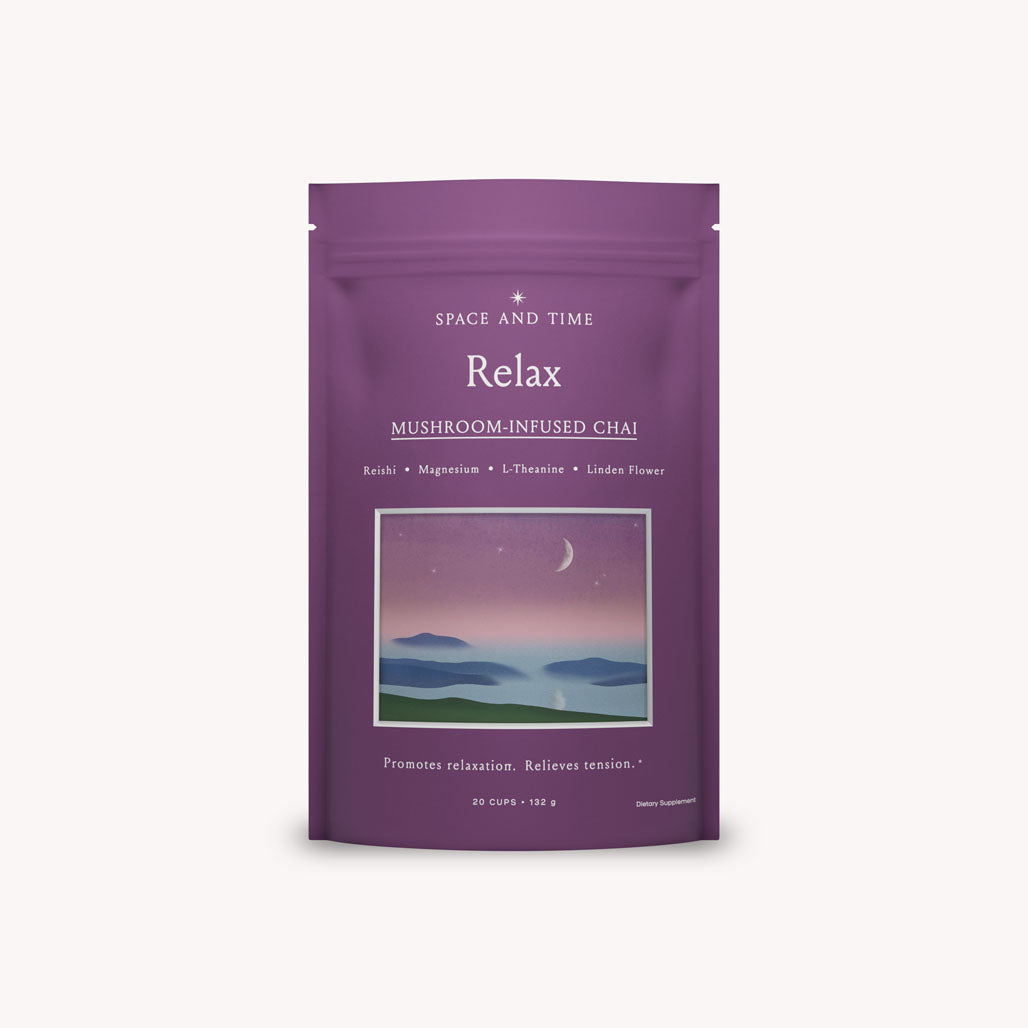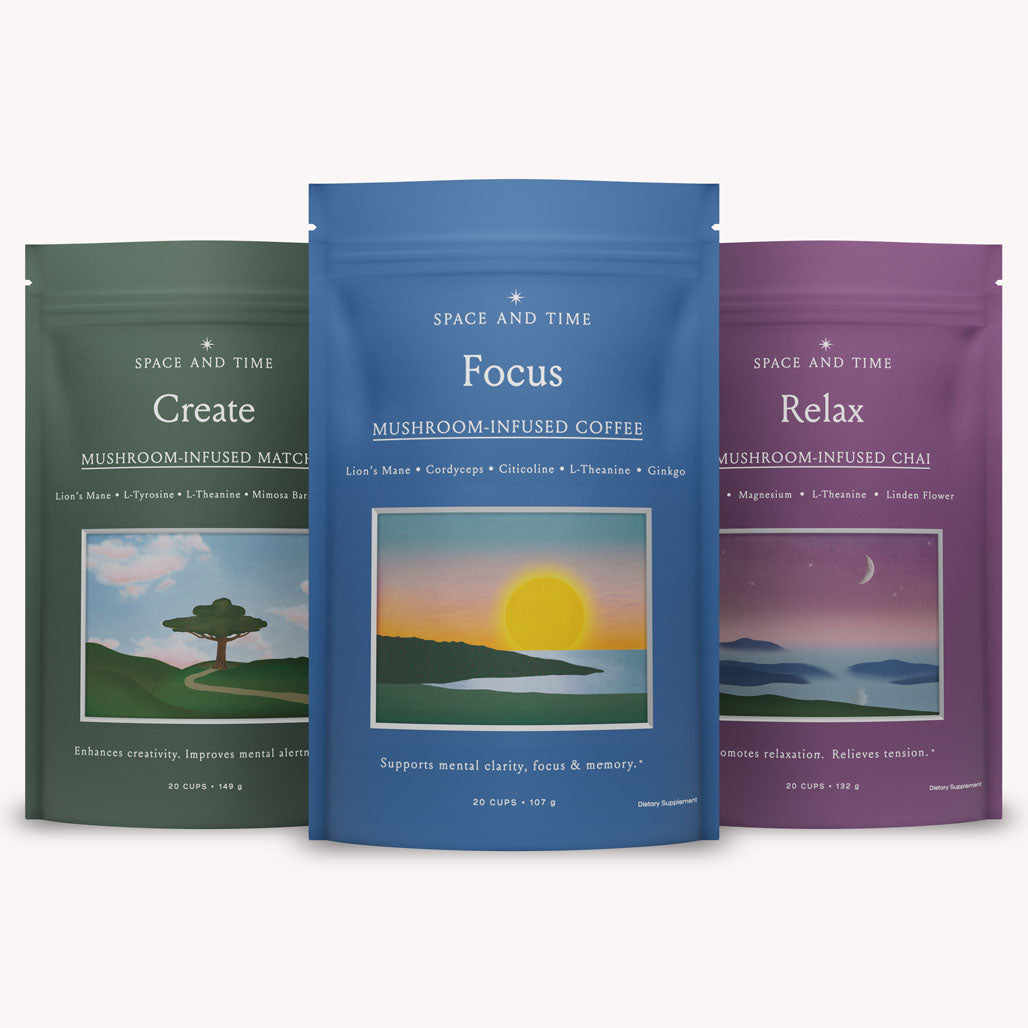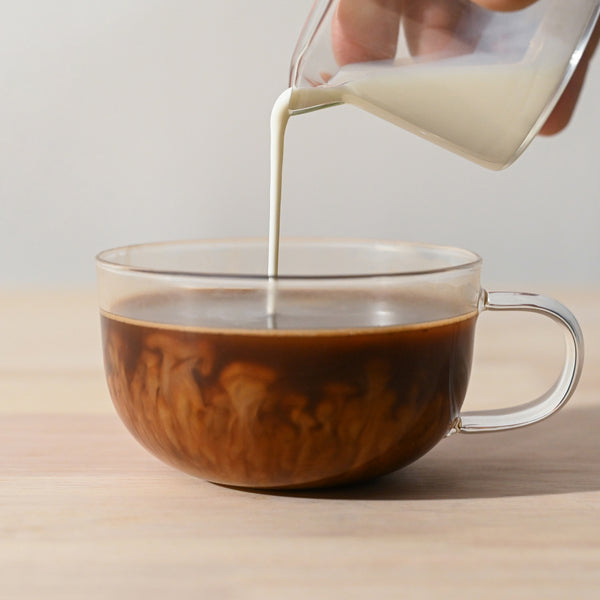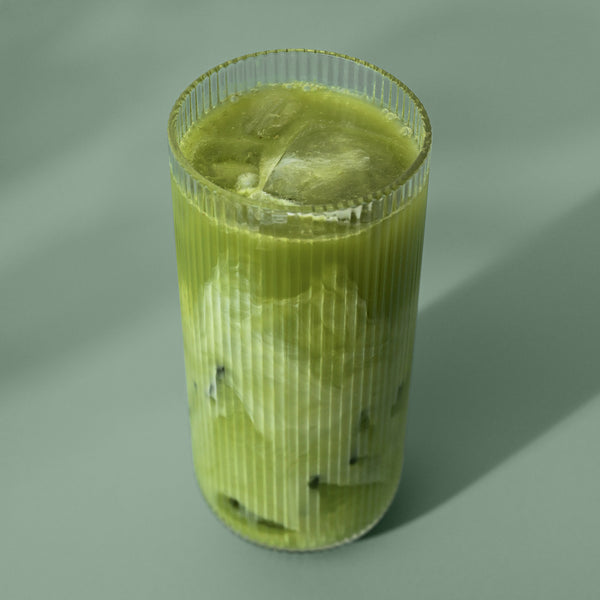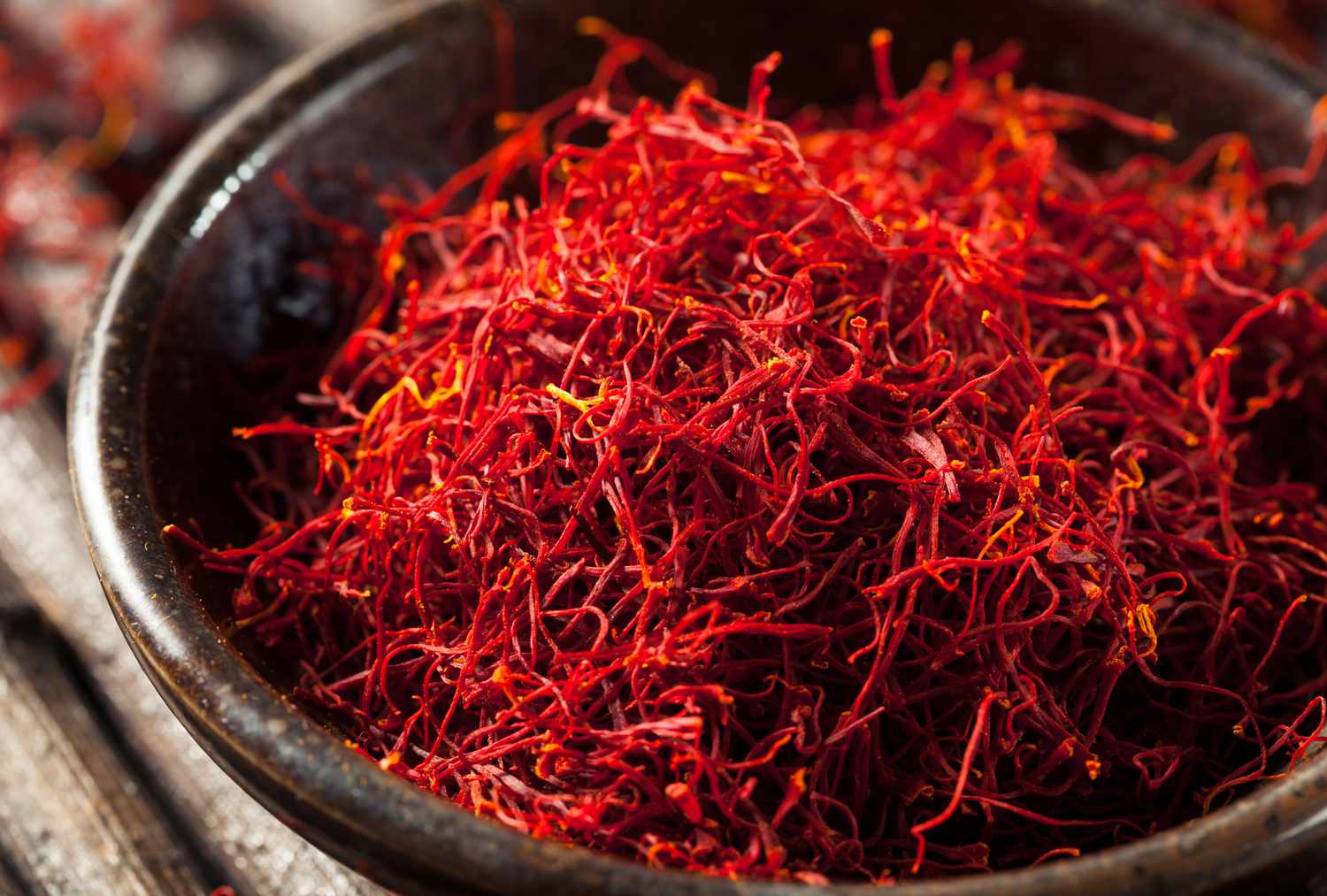

Saffron: The Ancient Spice That's Changing Mental Health Routines
For thousands of years, saffron was treasured as a rare culinary ingredient. Found in golden threads harvested from the Crocus sativus flower, it added color and aroma to food and even held spiritual meaning in many cultures.
But today, this ancient spice is making headlines for something entirely different, its impact on mood, stress, and mental health.
Backed by modern clinical research, saffron extract is becoming a natural, effective addition to mental wellness routines. People looking for gentle alternatives to pharmaceutical antidepressants are discovering that saffron may offer real support.
So what makes saffron for mood so promising? And how is it different from other mood supplements on the market?
Let’s take a closer look.

Saffron and the Brain: What Science Is Showing
The active compounds in saffron include crocin, crocetin, safranal, and picrocrocin. These compounds interact with key pathways in the brain related to mood regulation.
Several double-blind, placebo-controlled trials have now shown that saffron extract can support emotional well-being and reduce symptoms of mild to moderate depression. It works by gently influencing the balance of serotonin, dopamine, and norepinephrine, neurotransmitters that help regulate mood, motivation, and emotional stability.
Unlike pharmaceutical antidepressants, which often block reuptake of neurotransmitters in a targeted and sometimes intense way, saffron appears to support these systems more gently. It may also have antioxidant and anti-inflammatory effects that contribute to its mood benefits.

How Saffron Compares to Standard Antidepressants
In multiple studies, saffron extract was found to be as effective as low-dose prescription antidepressants such as fluoxetine and imipramine for mild to moderate depression. But what makes it different is the low side effect profile.
Participants taking saffron extract did not report the common side effects associated with antidepressants, such as weight gain, sexual dysfunction, or emotional numbness. This is one of the reasons saffron is gaining attention as a natural mood-balancing alternative.
The Specific Form of Saffron That Matters
Not all saffron extracts are the same. Clinical results have been specifically tied to standardized saffron extracts such as Affron and Safr’Inside. These ingredients are supported by peer-reviewed studies and provide a consistent dose of active compounds.
In Space And Time’s Create blend, the saffron extract used is Affron, a patented form derived from Spanish saffron (Crocus sativus L.) and standardized to contain 3.5 percent Lepticrosalides. This is the compound group responsible for its mood-regulating effects.
Studies on Affron have used doses as low as 28 milligrams per day and have shown positive effects within just four weeks. Benefits include improved mood, reduced stress, and support for emotional balance in both teens and adults .

Why People Are Turning to Saffron for Mood
Many people today are looking for natural ways to manage stress, anxious feelings, and emotional fatigue. They want options that support their mental health without relying on synthetic or habit-forming solutions.
Here’s why saffron is gaining trust:
-
It works gently and gradually
-
It is supported by high-quality clinical research
-
It is well-tolerated by most people
-
It may also support sleep and hormone balance indirectly
-
It has a long history of safe use in food and herbal medicine
Whether you’re dealing with occasional mood dips, emotional exhaustion, or just looking to feel more balanced, saffron extract offers a simple, plant-based way to support your brain.

Who Might Benefit Most from Saffron Extract
Saffron extract may be especially helpful for:
-
People feeling emotionally drained or unmotivated
-
Adults experiencing low mood without a clear cause
-
Women navigating hormone-related mood changes
-
Teens under academic or social stress
-
Anyone looking for a natural alternative to standard mood support
It’s not about replacing mental health care or prescriptions when needed. Instead, saffron can be part of a daily support system, something that nourishes your emotional health from the inside out.
How to Take Saffron Safely
Saffron is very potent in its pure form, so clinical extracts use a standardized dose to ensure both safety and results. The most studied range is between 28 and 30 milligrams per day, often split into one or two servings.
It is typically taken as part of a capsule, blend, or powder mix, often combined with other nutrients that support mood and neurotransmitter function. You’ll find saffron used in formulas that also contain ingredients like magnesium, B vitamins, or amino acids.
Space and Time’s Create includes clinically supported saffron extract (Affron) as part of its full neuro-nutrient stack. This makes it easy to get the right amount as part of a single daily drink.
Saffron as a Long-Term Tool, Not a Quick Fix
Saffron works best when taken consistently. It is not a one-day solution or a band-aid for bigger issues. But for those looking to build a healthier emotional baseline, saffron can be a powerful tool.
It does not numb emotions or force your brain to behave differently. Instead, it helps restore balance, making it easier to respond to life with more resilience and calm.
In a world where many people feel worn down or emotionally flat, having a natural, plant-based option like saffron makes a big difference.

In Summary
Saffron has gone from a rare culinary spice to a rising star in mental wellness and for good reason. Backed by research and rooted in tradition, it supports mood, stress response, and emotional clarity in a gentle and natural way.
If you’re looking to add something real and effective to your mental health routine, saffron extract is worth exploring.
The science is here. The safety profile is strong. And for many, the results speak for themselves.
A small flower. A big shift. That’s the power of saffron.
